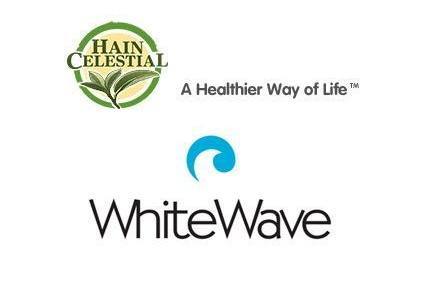General Mills’ move for Annie’s has further fuelled the belief US natural and organic food companies, including Hain Celestial and WhiteWave Foods, could become takeover targets for mainstream groups searching for growth. But the price General Mills has agreed to pay for Annie’s also underlines such deals would likely be expensive.
Increasing consumer interest in food with simpler ingredients has led sectors like natural and organic to outpace more processed categories, hitting growth at some of the major names in the US food industry, including Campbell Soup Co., Kellogg and General Mills.
In its first purchase for over two years, General Mills announced on Tuesday it would pay US$820m for Annie’s, a deal worth $46 a share an eyebrow-raising 51% premium to the 30-day average of the company’s stock – or, to put it another way, around 27x the firm’s expected EBITDA for 2014/15, the kind of multiple rarely seen in food acquisitions.
You can read here what industry watchers think of the Annie’s transaction but it is a deal that leaves one wondering which of the company’s peers could be next.
The market gave an indication of where it thinks the boardrooms of US food giants could be looking, with shares in Hain and WhiteWave jumping in the wake of the Annie’s announcement.
Hain and WhiteWave are two businesses that have ridden the wave of consumer interest in health and wellness, with commentators often naming the companies as potential targets. As soon as Alpro and Silk owner WhiteWave was spun out of US dairy group Dean Foods last year, analysts were setting out who could be interested in the business – with General Mills, a business that has seen its US sales stagnate for a number of years, put forward as a potential buyer.

US Tariffs are shifting - will you react or anticipate?
Don’t let policy changes catch you off guard. Stay proactive with real-time data and expert analysis.
By GlobalDataWhile the odds may have lengthened on General Mills swooping for WhiteWave, its move for Annie’s has added to industry chatter about other potential deals.
“We wonder whether this deal could catalyse a land grab for other health and wellness names in this space. After all, there are several US-focused packaged food names that are struggling with volume declines at present,” Sanford Bernstein analyst Alexia Howard wrote in a note to clients after the Annie’s deal was announced. “Since we expect that investor reaction to this deal announcement by General Mills to be favourable, it may prompt further deal-making along similar lines.”
As well as Hain and WhiteWave, the likes of gluten-free supplier Boulder Brands and kefir manufacturer Lifeway Foods have been put forward as possible candidates. In an interview with just-food last year, Boulder CEO Stephen Hughes said the company – at that point – had not received indications of interest but he acknowledged it was “not inconceivable we’d be on some people’s radars” as mainstream companies focused on areas like gluten free.
However, for investors in the flagging US food majors, there are notes of caution, not least in the Annie’s deal, both in the robustness of the upstarts’ growth prospects and the multiples they could command.
Jonathan Feeney, principal at Athlos Research, agrees companies like Hain and WhiteWave could be on the hit-lists of mainstream packaged food groups but adds: “Many of these companies have shorter track records, shorter lived brands and a value proposition based on more recently popular claims rather than generations of repeat behaviour, so I’d say some caution is warranted.”
However, many a US food major searching for growth could be prepared to pounce. They just may have to be prepared to pay a punchy price.





